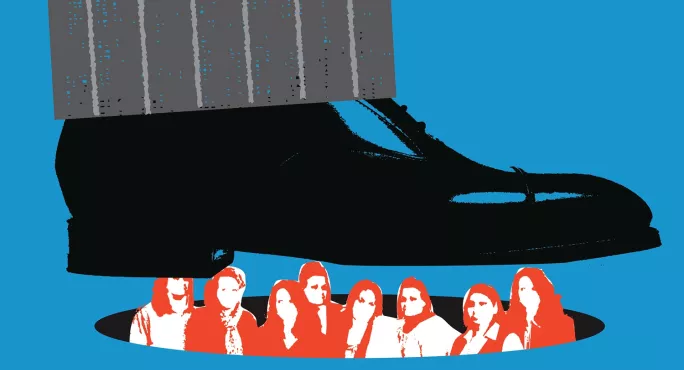Schemes to raise the self-esteem and job aspirations of state school pupils will do little to reduce the huge pay advantage enjoyed by their privately educated peers, according to new research.
And the benefits of having access to good social connections while at school - to gain work experience, for example - may be overexaggerated, it says.
A better education leading to better grades and entry to higher-ranking universities are the main reasons why men educated at private school go on to earn 34 per cent more at the age of 42 than their state school peers, the research finds.
These educational advantages account for the entire private school pay premium for women, who earn 21 per cent more than their state school counterparts at the age of 42. The advantages account for about half the pay premium for men, the study from the UCL Institute of Education reveals.
One of the study’s authors, Professor Francis Green, said: “Strategies to raise self-esteem, self-confidence and aspirations in the state school sector are unlikely to be very effective in narrowing the pay gap between the private and state sectors in later life.
“Such policies might seem attractive because they do not have to address the large differences in resources between the sectors.
“Our results suggest that social equality strategies should continue to focus on the considerable educational disadvantages of state school pupils relative to their privately educated peers. The source of private schools’ advantage remains primarily their ability to deliver better academic performance.”
He added that many education commentators believed that private school pupils were “taught to dream big” and appeared to do well because of that. But that was not the key factor in determining their future success, he said.
The report finds that self-confidence and aspirations at age 16 have only modest effects on pay at age 42, and neither self-esteem nor access to social networks at 16 are linked to better pay in later life.
Professor Green and his colleagues analysed information on almost 11,000 people born across England, Wales and Scotland whose lives are being followed by the 1970 British Cohort Study.
But those working to raise pupil aspirations disagreed with the conclusions of the research.
Alex Shapland-Howes, managing director of Future First, a charity that helps schools reconnect with their alumni who return to act as inspirational role models, said: “Building students’ self-perception can make a key difference to their motivation in lessons and therefore their grades. Put simply, if students don’t see themselves succeeding in the future, there’s less incentive to work hard now and they will get lower grades. Our work has shown that building students’ confidence can boost exam results - the two are absolutely linked.”
Dreaming Big: self-evaluations, aspirations, high-valued social networks, and the private school earnings premium by Francis Green, Samantha Parsons, Alice Sullivan and Richard Wiggins is the latest working paper from the Centre for Longitudinal Studies (CLS) and the latest research paper from the Centre for Research on Learning and Life Chances (LLAKES).




